In a rather shocking move, video streaming giant YouTube has started deleting crypto-related content from its platform, Cointelegraph reported.
A number of crypto influencers on YouTube took to Twitter and Reddit to reveal what was going on. Chris Dunn, whose YouTube channel has over 210,000 subscribers, tweeted:
.@YouTube just removed most of my crypto videos citing "harmful or dangerous content" and "sale of regulated goods"... it's been 10 years of making videos, 200k+ subs, and 7M+ views. WTF are you guys doing @TeamYouTube?! pic.twitter.com/MPcKbBVrC4
— Chris Dunn (@ChrisDunnTV) December 23, 2019
In a tweet, Omar Bham (@crypt0snews) listed several YouTubers that were affected by the recent crackdown.
Today's updated listed. Am I missing anyone? This is by no means an extensive list... many affected channels aren't on Twitter. pic.twitter.com/itUsX7t68x
— Omar Bham (Crypt0) (@crypt0snews) December 25, 2019
YouTube has not released any official statement as to why it is banning crypto-related videos. However, the Twitter account @TeamYouTube responded to Bham on Dec. 24 saying that they are looking into the matter:
Jumping in – we're looking into this. Hope to share an update soon.
— TeamYouTube (@TeamYouTube) December 25, 2019
Bham had also previously shared a screenshot of a message from YouTube informing him that his content has been removed as, according to them, the content violates the platform’s “sale of regulated goods policy.”
The purge has officially reached my channel, as well. pic.twitter.com/FKZY7T5g3E
— Omar Bham (Crypt0) (@crypt0snews) December 24, 2019
Crypto Industry Reacts
The censorship by YouTube highlights the need for the crypto industry to try creating its own blockchain-enabled censorship-resistant social media platform. Binance CEO Changpeng Zhao said as much in a tweet:
It may be time the #crypto community take a stab at its own blockchain-enabled sensorship-resistent social media platform.
— CZ Binance (@cz_binance) December 25, 2019
Lots of challenges though, spam, scam, trolls, incentives, copyright, token economics, governance, stickiness, privacy... But
It’s about time!
Zhao said that such moves will drive more demand for decentralized platforms, thereby accelerating the development of the industry.
Ethereum co-founder welcomed Zhao’s idea to create blockchain-enabled censorship-resistant social media platform saying:
I would also really welcome experimentation in this area. https://t.co/8tvezlO96H
— vitalik.eth (@VitalikButerin) December 25, 2019
Bloq co-founder Jeff Garzik called out Block.one’s Voice project announced earlier this year. It can be recalled that EOS developer Block.one announced blockchain-based social media platform Voice in June this year with the objective of encouraging content creation, sharing, discovery, and promotion by real users, not bots and fake accounts.
Voice is planning to launch its beta version on Feb. 14, 2020. Buterin said that he has requested beta access:
Just requested beta access. Look forward to seeing what they come up with!
— vitalik.eth (@VitalikButerin) December 25, 2019
Earlier this month, Twitter CEO Jack Dorsey announced that they are funding an independent team, called “Blue Sky,” that will focus on developing an open and decentralized standard for social media. The decentralized approach will allow Twitter to “access and contribute to a much larger corpus of public conversation, focus our efforts on building open recommendation algorithms which promote healthy conversation, and will force us to be far more innovative than in the past,” he said.





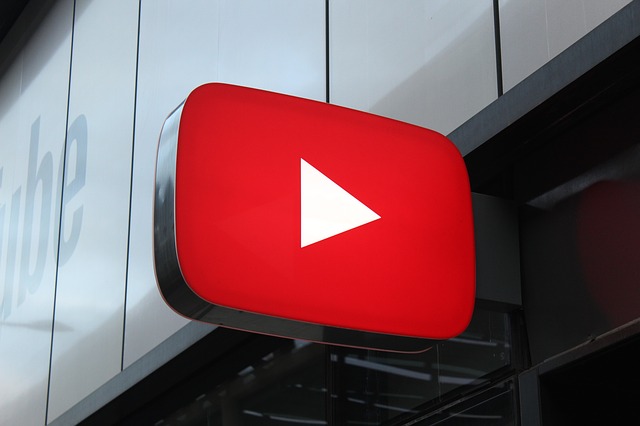
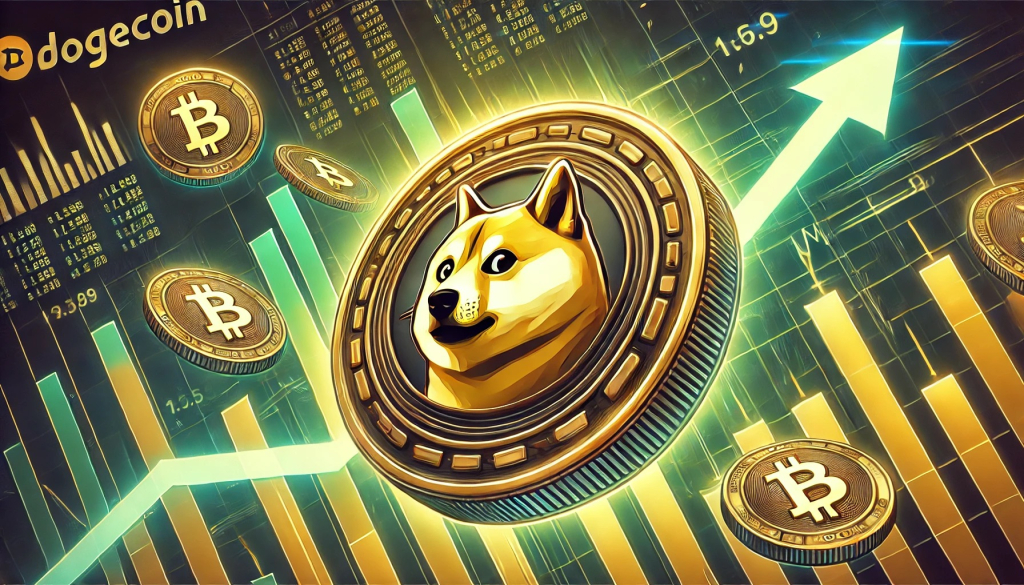
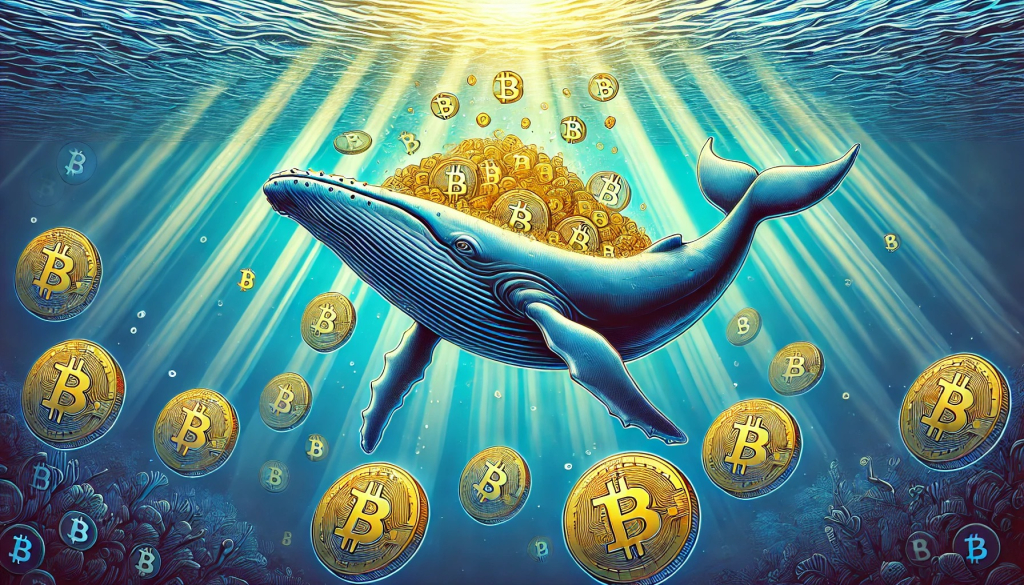





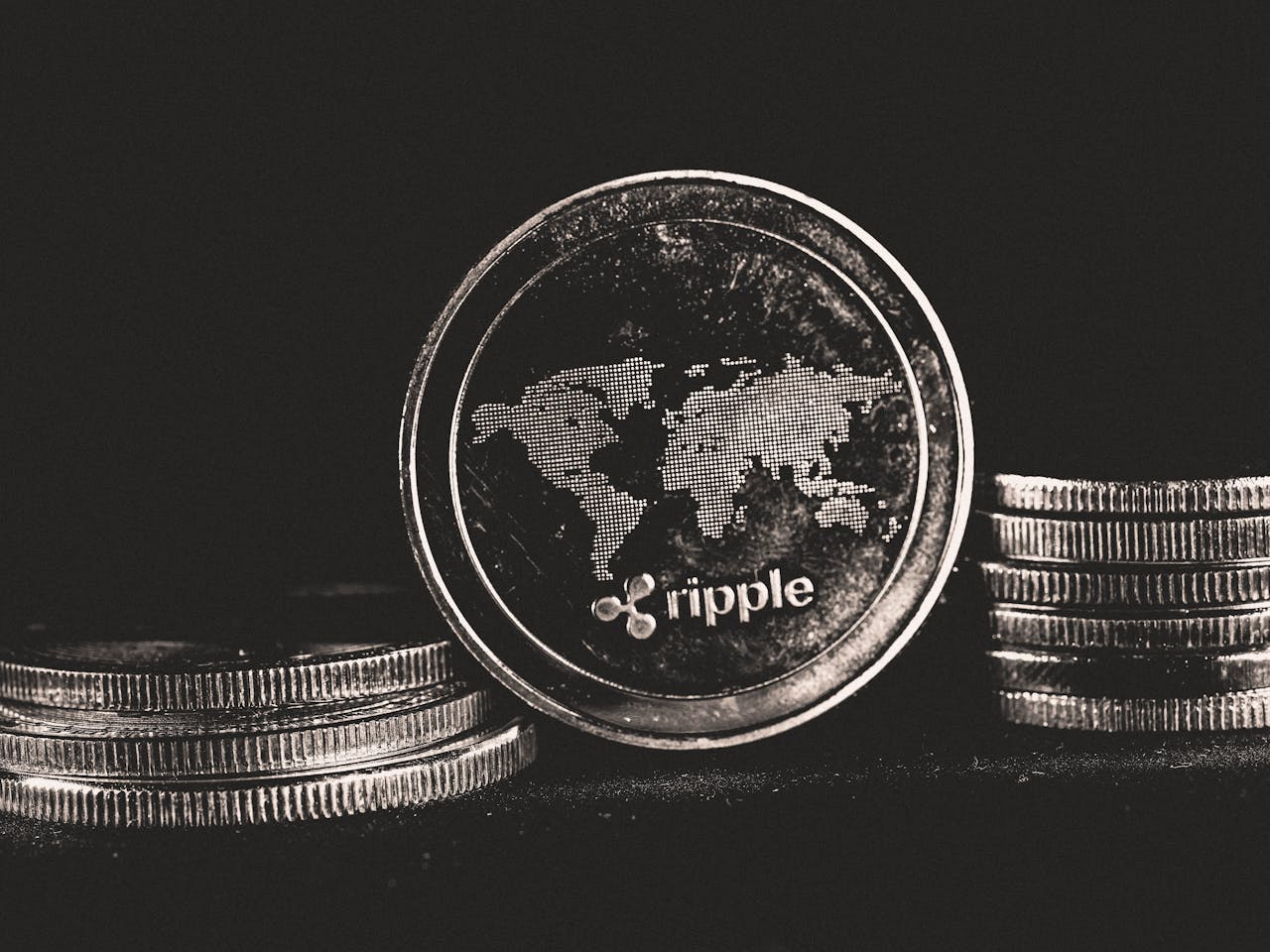
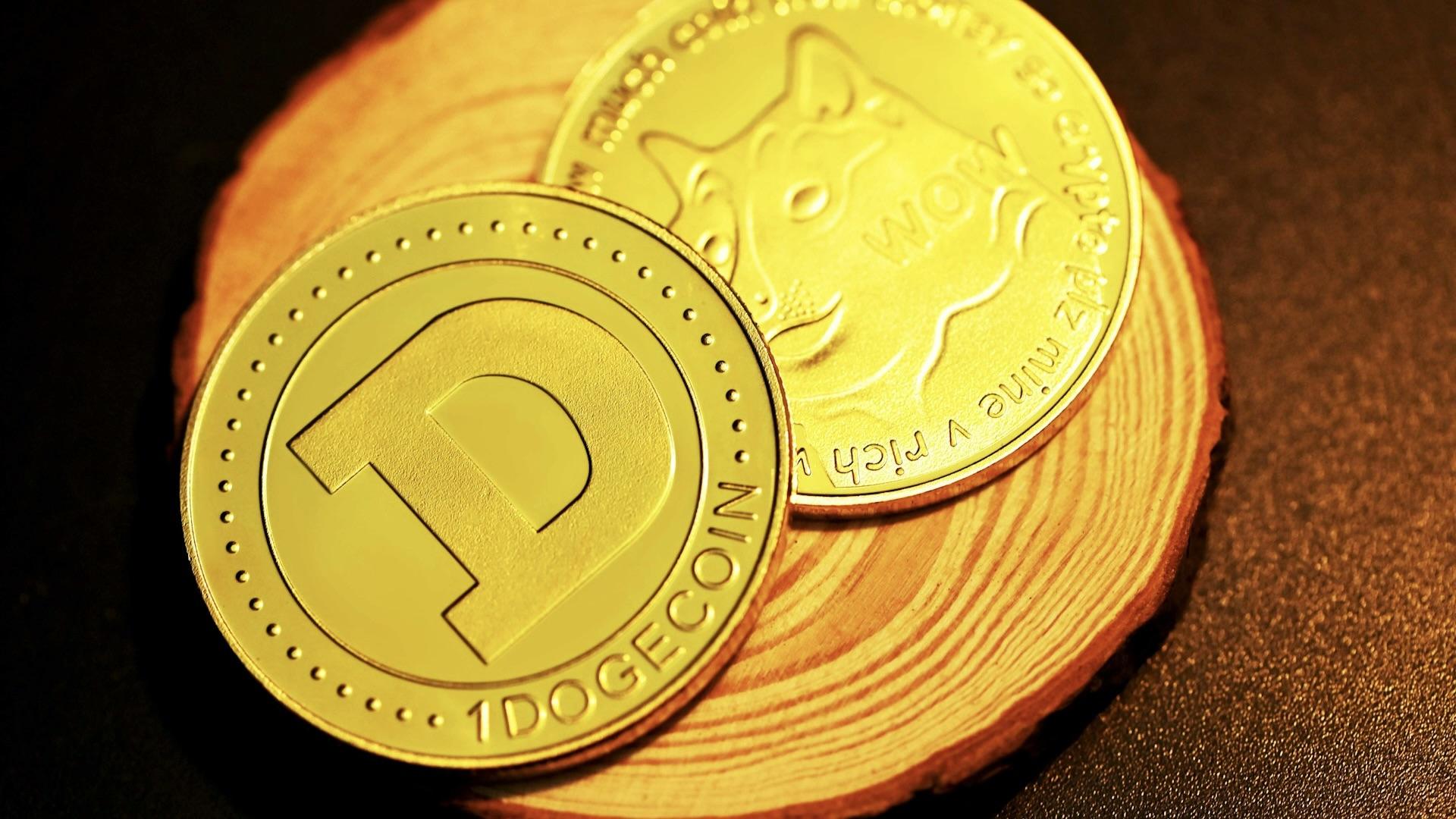
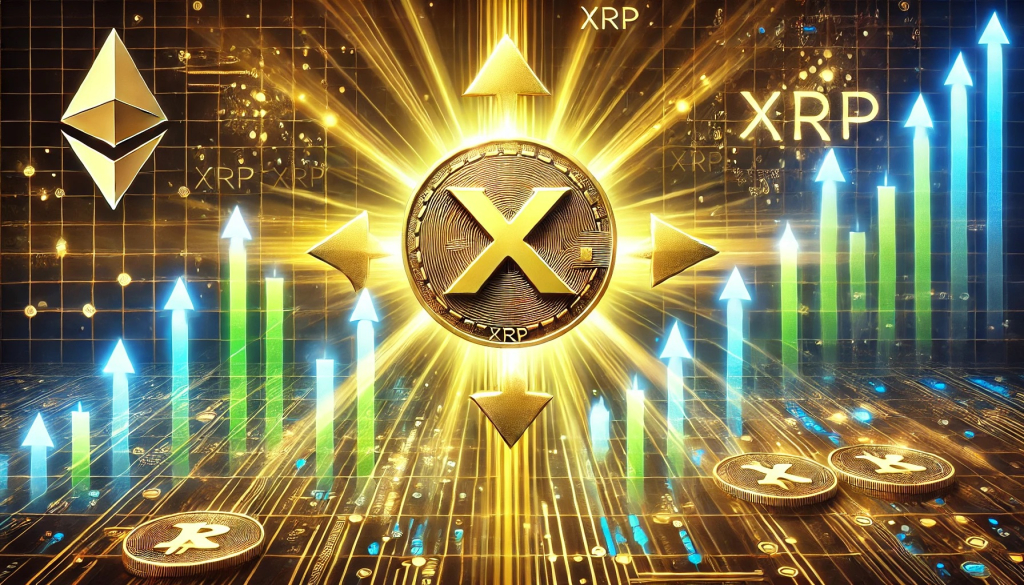


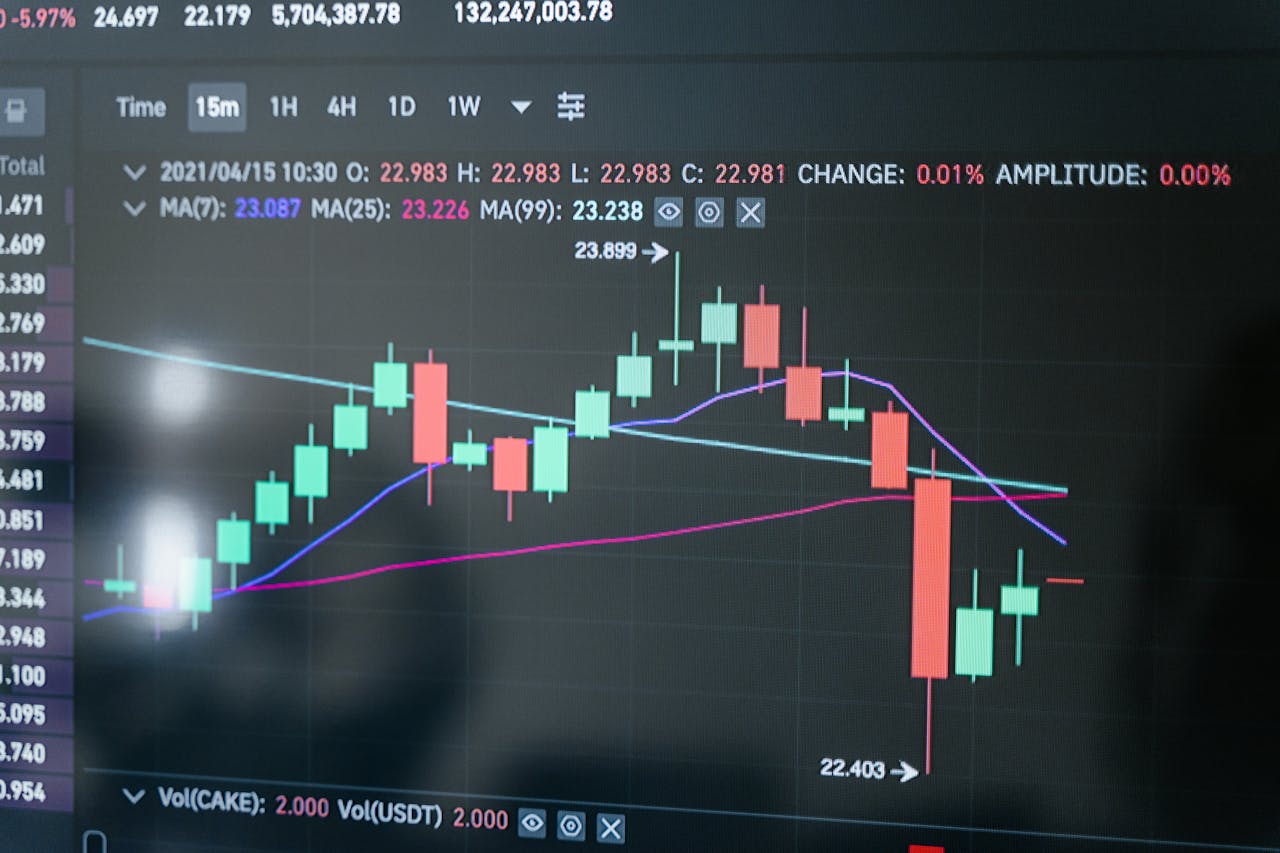
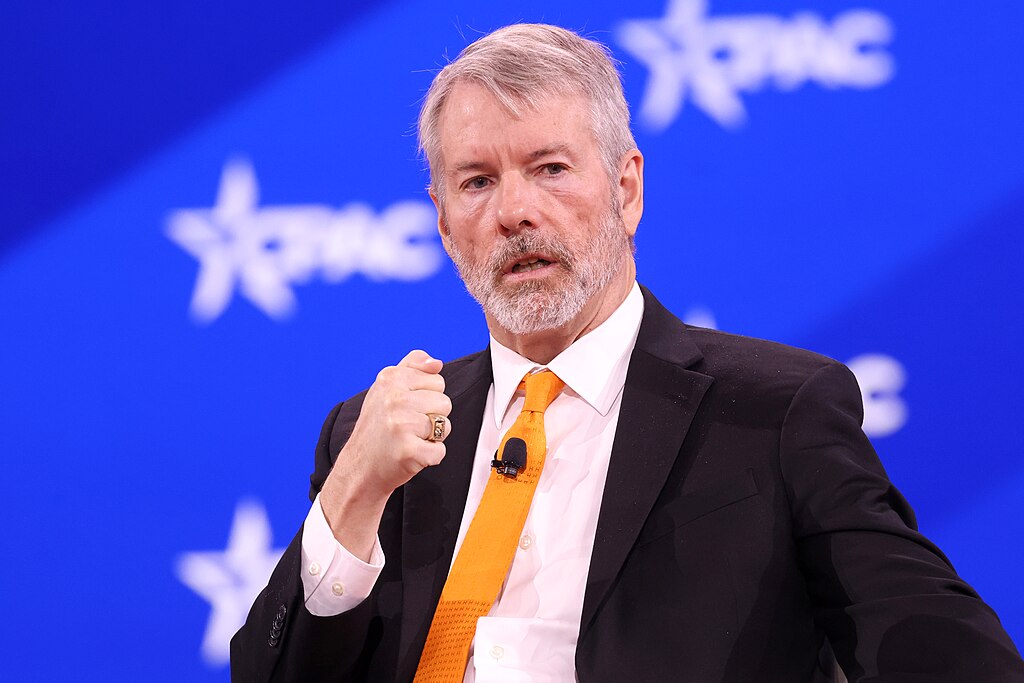


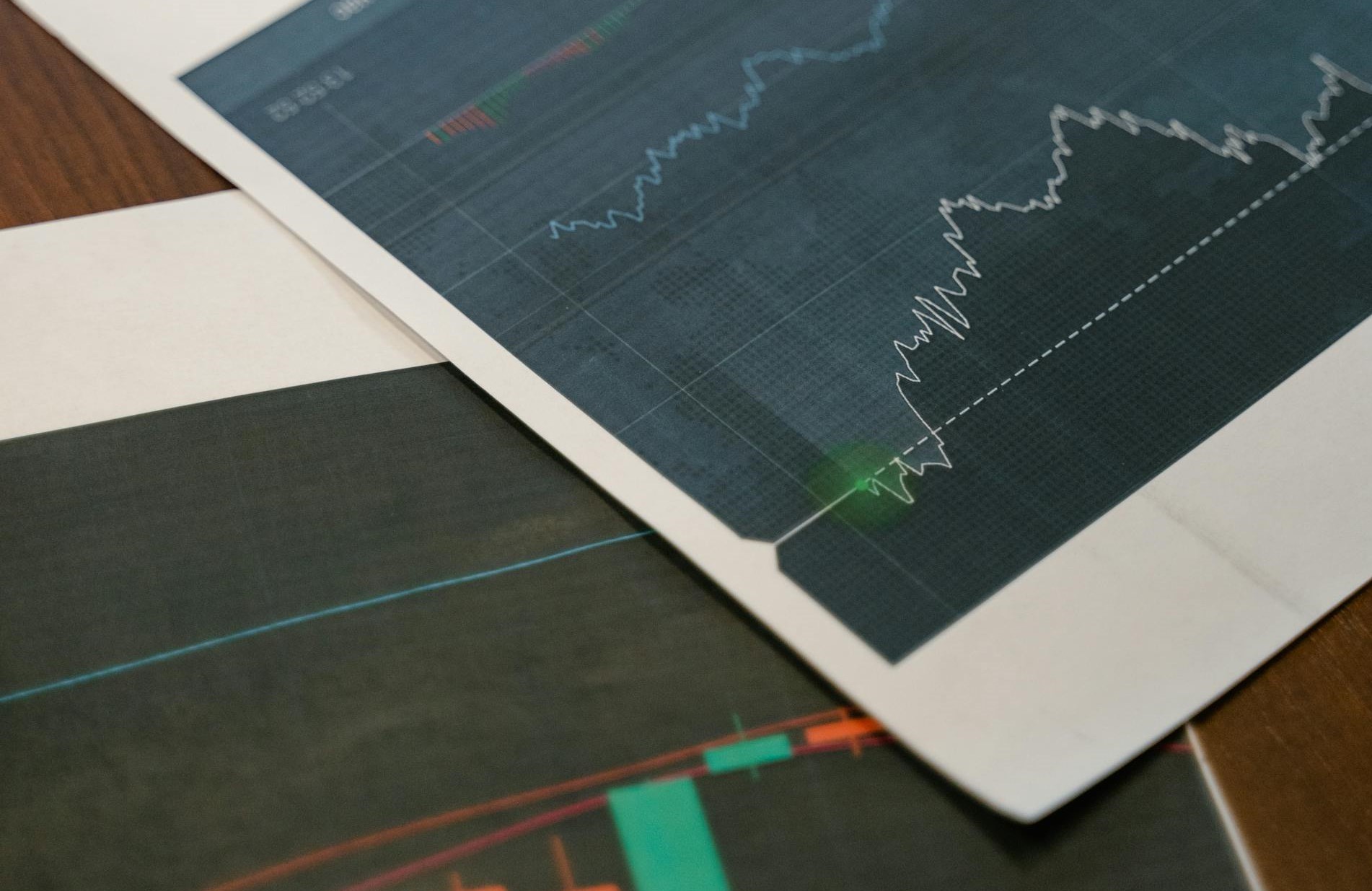

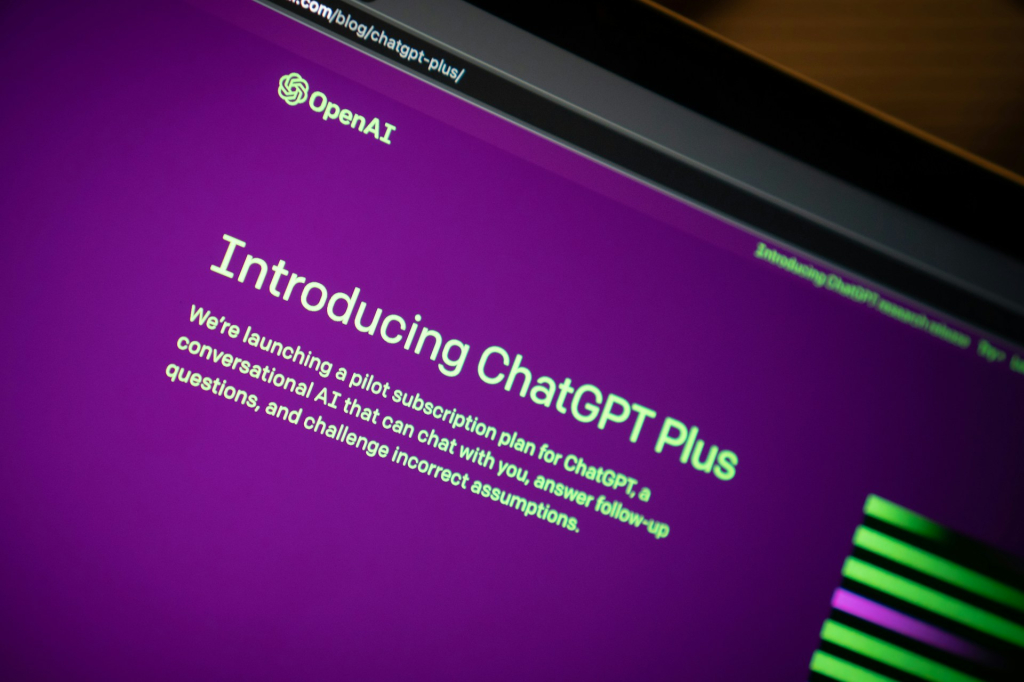
Comment 3